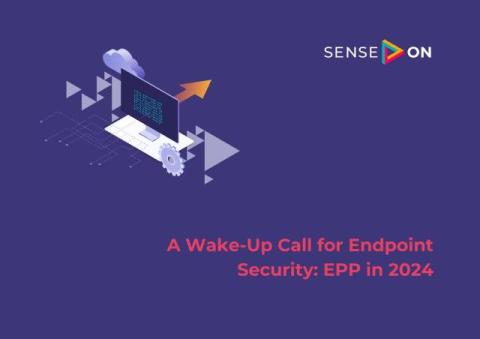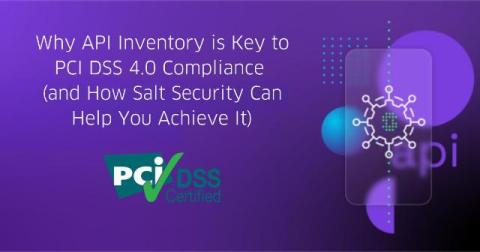A Wake-Up Call for Endpoint Security: EPP in 2024
The Importance of EPP With cyber attacks continuing unabated, neglecting endpoint security is dangerous and potentially catastrophic. Organisations must adopt reliable endpoint security solutions to prevent threat actors from hijacking business systems or stealing sensitive data. Kaspersky The recent decision by the US government to ban the sales of Kaspersky antivirus software due to its ties to Russia underscores the importance of a trustworthy software supply chain.











